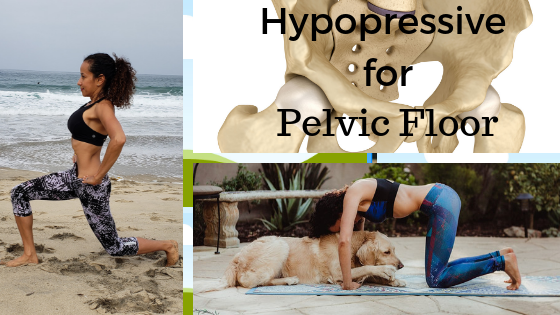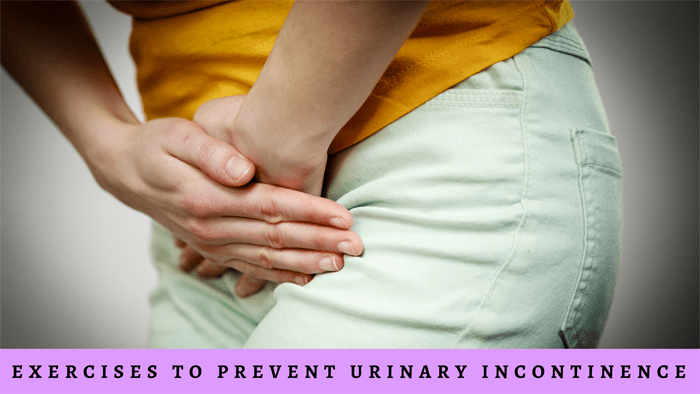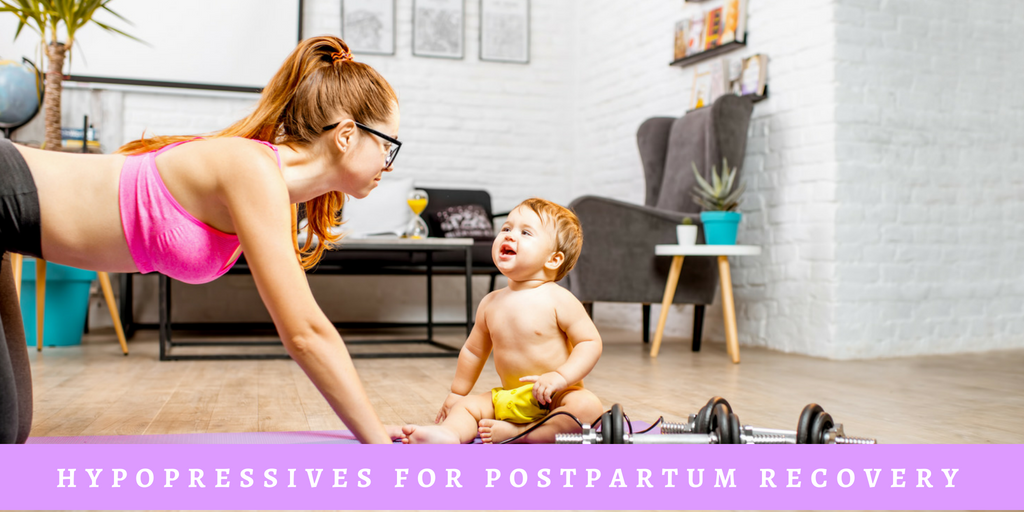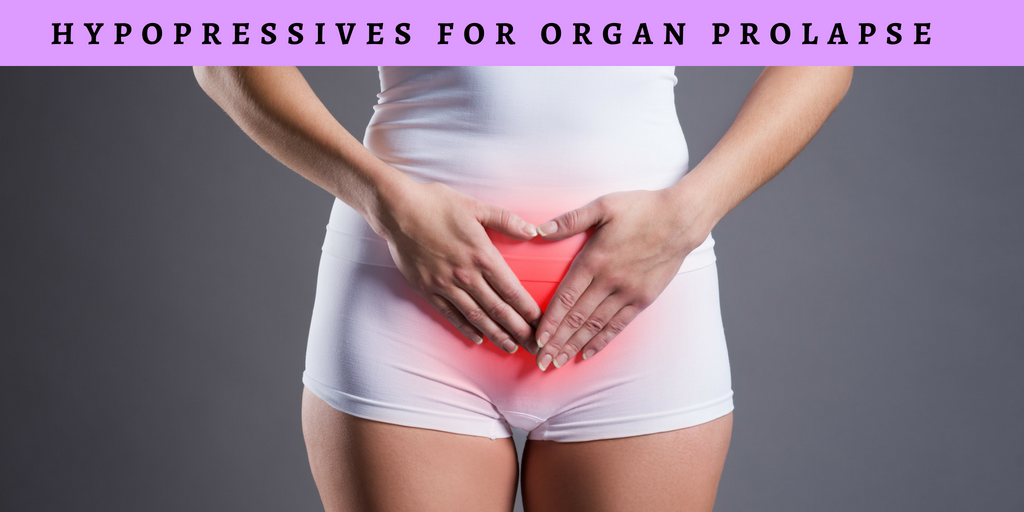Hypopressive is one of the best abdominal workouts to get a flat tummy! Follow these healthy tips and these exercises to have and amazing flat tummy! A flat tummy is one of the main goals for people interested in losing weight and for health...
Read moreHypopressive to Lose Belly Fat
What is the Secret to get a Flat Tummy and Amazing Abs? Stop Doing Sit Ups Instead, Follow These Healthy Tips. Hypopressive is an effective abdominal exercise to reduce belly fat. However, Hypopressive is not enough to lose belly fat. Girls and...
Read moreHypopressive Best Exercises to Get a Smaller Waist
Hypopressive is a Very Effective Abdominal Workout to Get a Smaller Waist and a Flat Tummy The main goal of many people, specially women is to get a smaller waist. The reality, it is not an easy job to Lose body fat in the abdominal area. In...
Read moreHypopressive and Uddiyana Bandha
Hypopressive and Uddiyana Bandha Differences and Similarities. Hypopressive and uddiyana bandha look similar to the eyes of many people. However, hypopressive and uddiyana bandha are different. Differences There are many differences between...
Read moreHypopressive for Pelvic Floor Muscles
Benefits include restores the core, pelvic floor, and improves quality of life And More Benefits! Improve posture Prevent Back Pain Reduce Abdominal Separation or Diastase Recti Tone Abdominal Muscles and Pelvic Floor Muscles Re-position the...
Read moreWhat is Hypopressive and How Do You Practice Hypopressives?
Hypopressives are Postures and Breathing Techniques to Decrease the Excess of Pressure in the Abdominal Cavity. Some of the Benefits of Hypopressives Include: Flatten Your Tummy (No Crunches Needed). Prevent Back Pain. Shrink Waistline. Improve...
Read moreThe Diaphragm
The diaphragm is the floor where the lungs rest and separate the organs from the lungs. In addition, this main respiratory muscle descend with the inhalation to give room to the lungs to expand, and ascend with the exhalation to bring organs up...
Read moreThe Size of your Waistline
The size of your waistline is an indicator for cardiovascular diseases and health issues. According to a Nurses’ Health Study, people with a larger waistline size are in a higher risk of dying prematurely, or dying from heart disease, or cancer...
Read moreExercises to Prevent Urinary Incontinence
Urinary incontinence is an involuntary leakage of urine that affects 13 million Americans, according the US Department of Health and Human Services. Urinary incontinence can affect both men and women, but is most common in women. The reasons for...
Read moreHypopressives for Postpartum Recovery
Hypopressives can be used for postpartum recovery. Why Hypopressives can help with postpartum changes? Hypopressives: Restore Abdominal Muscles Improve body Alignment and Posture Awareness Accelerate the Healing Process of Pelvic Floor Muscles...
Read moreTraditional Abdominal Workout Vs Hypopressive Abdominal Workout
Traditional Abdominal Workout Vs Hypopressive Abdominal Workout Traditional abdominal exercises help you to keep your core strong. Why do you still see a belly when you get up in the morning, or while you are sitting or standing in a relaxed...
Read moreHypopressives for Organ Prolapse
Hypopressives May Help with Pelvic Organ Prolapse Pelvic organ prolapse is the drooping of the organs into or out of the vagina. Pelvic organs include the bladder, uterus, vagina, rectum, and small bowel. These organs are supported by the pelvic...
Read more











